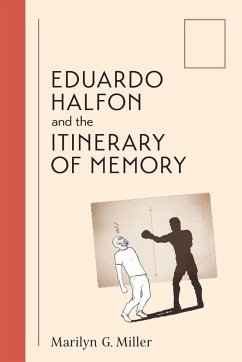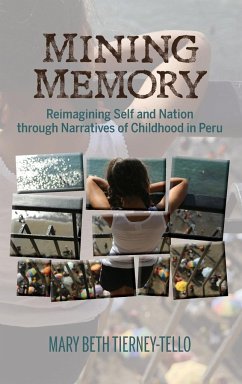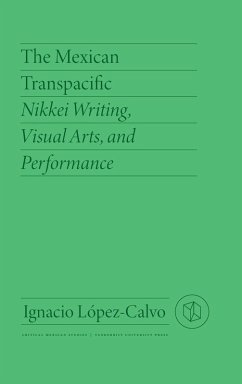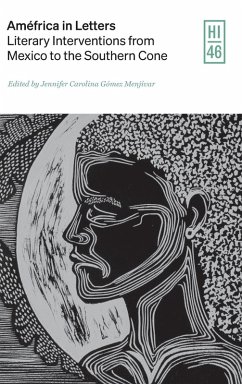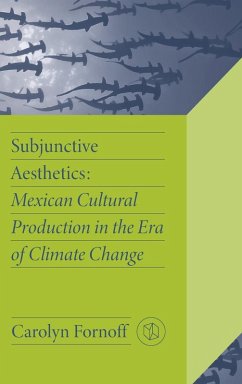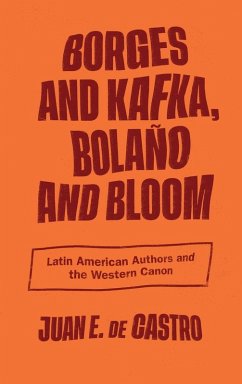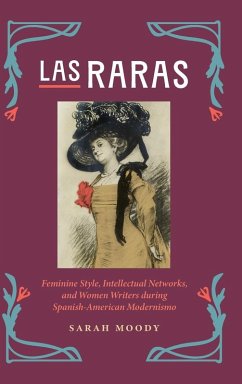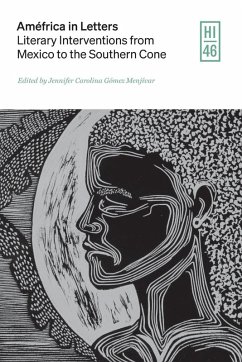
Eduardo Halfon and the Itinerary of Memory

PAYBACK Punkte
53 °P sammeln!
Arguably, all of Guatemalan writer Eduardo Halfon's fictional works deal with quandaries of translation, even in their original versions. The award-winning author of fifteen books claims to have lost his mother tongue when his family fled to the United States after his tenth birthday. This displacement, echoing the displacement of his four grandparents from different corners of the Jewish diaspora to Guatemala, gives Halfon, like his ancestors before him, good reason to consider translation a natural environment for his creative work and for life itself. Indeed, Halfon's uncanny ability to tra...
Arguably, all of Guatemalan writer Eduardo Halfon's fictional works deal with quandaries of translation, even in their original versions. The award-winning author of fifteen books claims to have lost his mother tongue when his family fled to the United States after his tenth birthday. This displacement, echoing the displacement of his four grandparents from different corners of the Jewish diaspora to Guatemala, gives Halfon, like his ancestors before him, good reason to consider translation a natural environment for his creative work and for life itself. Indeed, Halfon's uncanny ability to translate his family's history into "fictions" that resonate across the globe with readers in Spanish, English, and several other languages helps explain why he has received numerous prizes in the United States, Spain, Guatemala, and even France, some as a Latin American author, others as a Latino or Jewish author. Marilyn G. Miller has written the first study to focus exclusively on this important voice in Jewish-Latin American letters. Only after returning to Guatemala and regaining his command of Spanish through reading literature did Halfon begin to build his life as a writer and translator. Nonetheless, the author admits that "one thing is stubbornly true, and it's this: every sentence that I write, every verb or adjective that I painstakingly insert or remove, every literary thought that I have while writing, always . . . begins and ends in English." Halfon's translated works are never parallel texts, however. Thus, translation and its side effects (foreign words, linguistic lacunae, multilingual modes of perception) offer us crucial keys to understanding the author's fictional world as a vehicle for retelling and surviving Jewish trauma and finding his own particular plurilingual voice.



